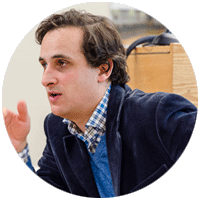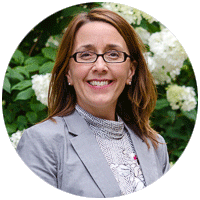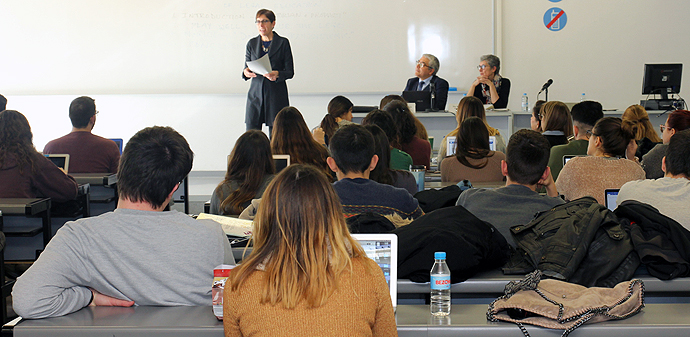Nouvelles en rafale
|
Respecter les obligations du Canada envers les Premières Nations
Richard Janda et Mireille Fournier (BCL/LLB’16), La Presse+, 19 avril 2018
Que feriez-vous à la place du premier ministre Trudeau ? C’est la question que nous avons posée à des constitutionnalistes dans le débat sur l’expansion de l’oléoduc Trans Mountain. « À la place du premier ministre, nous nous acquitterions des obligations du Canada et nous reconnaîtrions les risques juridiques trop élevés que comporte la mise en marche du projet » affirme le professeur Richard Janda et notre diplômée Mireille Fournier. Lire la suite
Why expatriates should be able to vote
Frédéric Mégret, The Globe and Mail, 2 April 2018
Last week, the Supreme Court heard arguments on the barring of expatriates who have resided away from Canada more than five years from voting in Canadian elections. The Ontario Court of Appeal had earlier found the restrictions democratically justifiable because they preserved the “social contract” between voters and lawmakers. Whether it is the case that the social contract depends on denying voting rights to non-resident citizens is highly dubious. More importantly, often overlooked in the debate is the broader issue of how Canada – and other countries – should relate to their diasporas in an age when significant numbers chose to live abroad while retaining deep emotional and political bonds to their country of citizenship. Keep reading
Are My Grades Good Enough for an LL.M.?
B. Xu, LLM Guide, 15 March 2018
Having a stellar GPA isn’t the only factor that will get you into a top LL.M. program. What else are admissions officers really looking for in an application? The LLM Guide asked McGill Law’s Associate Dean of Graduate Studies Richard Gold. Keep reading
The Sources of Self
Dactylo, Aire Libre, 19 mars 2018
Dans cet épisode de Dactylo, Guillaume St-Laurent, Charles Taylor, et Daniel Weinstock témoignent de l’importance de l’ouvrage The Sources of the Self de Charles Taylor pour le développement de la philosophie à Montréal. Voir l’épisode
Facing Race: Your life. Your stories. Your identity
The Current, CBC Radio, 20 mars 2018
CBC Radio’s The Current hosted town halls in Halifax, Vancouver and Montreal, exploring pressing issues of race in Canada today. Professor Adelle Blackett talked about racial bias when it comes to names on resumes. Watch the video
 Respect, relationships and responsibility are foundational to academic success
Respect, relationships and responsibility are foundational to academic success
Angela Campbell, University Affairs, 6 March 2018
University life is charmed, but also challenging. It is a privilege to teach talented young people, pursue cutting-edge research and contribute to the governance of postsecondary institutions. Yet university actors are also called upon to fulfill another duty – namely, to remain firmly committed to the long-standing academic ideals of postsecondary education while engaging meaningfully with ever-changing social norms and realities. Keep reading
Legos, Laws and Local Identities: Shauna Van Praagh’s International Tour
To how many communities do you belong? Professor Shauna Van Praagh asked a group of 23 students to reflect on this question to open the seminar “Follow the Children: Law(s) and Identities”, which she gave at the University of Barcelona this winter. With a particular focus on the lessons from residential schools in Canada, the three-session seminar was an opportunity for the group to study how law considers the importance of connections between young people, their families and their communities. “The rules that govern decision making about children in a particular country tell us a lot about the fabric of the country itself – its constitutional make-up and the social diversity of the population for instance,” said Professor Van Praagh. A week earlier, on the other side of the English Channel, Professor Van Praagh was considering the importance of identity from a different perspective. Invited to give a lecture at the Committee of Heads of UK Law schools, she reflected on the ways in which a law school can adopt a global perspective all the while staying anchored in its local identity. Using Legos as a metaphor (both the colored interlocking bricks and the movie!), she explored opportunities for creativity in rethinking legal education and tearing down the walls between disciplines, learning styles, and legal systems, drawing for numerous examples of integrated (or transsystemic) teaching at the Faculty. In April, her international tour made a final stop at Hebrew University in Jerusalem, where she was invited as a Halbert Centre for Canadian Studies fellow. In addition to giving an extended version of the “Follow the Children” seminar, she offered a lecture inspired by work completed last year for the To Be Frank colloquium, highlighting the contributions of former Supreme Court Justice Frank Iacobucci to Canadian society. |

